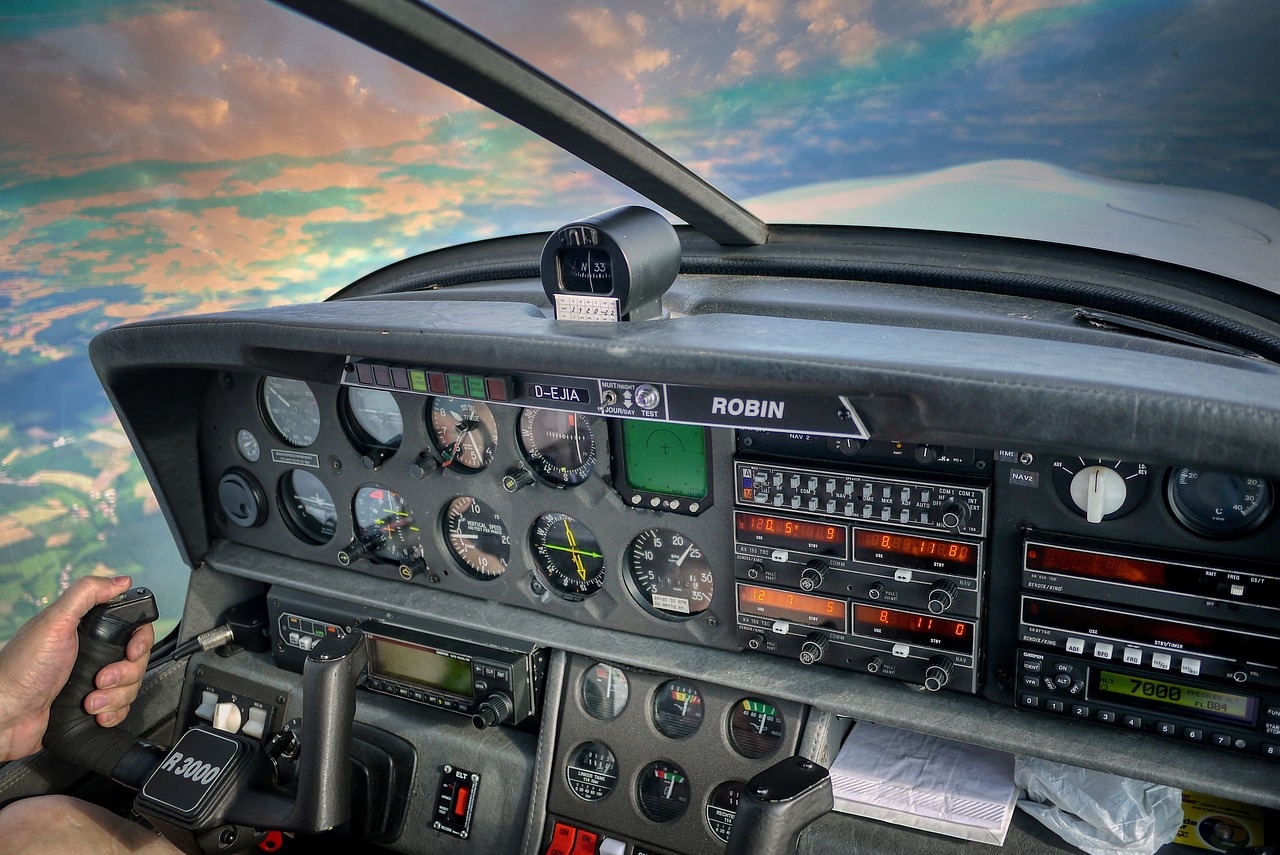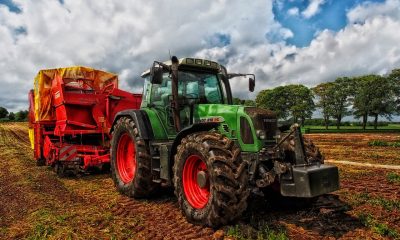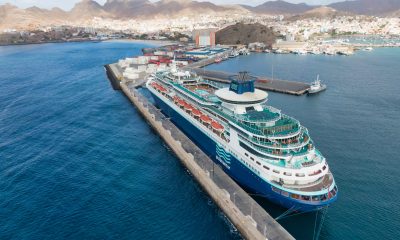Africa
Air Navigation System To Be Developed by African Technicians
The air navigation system uses its versatility, and availability, as well as the reliability and accuracy of the satellites in orbit, and a few ground stations to boost the satellite signal, allowing an even higher level of accuracy. According to the administrator, the system will be “extremely important” for Cape Verde, taking into account the adverse conditions that the country suffers cyclically.

An air navigation system could soon be developed by African technicians.
The information was presented to the press by the Executive Director of the Cape Verdean Civil Aviation Agency (AAC), Carlos Rodrigues, during the first of two days of a ‘workshop’ for the implementation of this system, planned to take place in these regions in 2025.
SBAS is an integrated system that complies with the International Civil Aviation Organization (ICAO) specifications for performance-based navigation, in which approach maneuvers to runways that do not have ground navigational aids can be done entirely using technology.
Read more on the subject and find the latest economic news from around the world with the Born2Invest mobile app,
For this reason, the Cape Verdean official indicated that the organizations linked to the program are doing these actions to raise awareness about the importance of implementing such a system
“The objective of the ‘workshop’ is to make known the system, the benefits, and to sensitize decision-makers to move forward with its implementation,” he said.
In the case of Cape Verde, he said, it is recognized by ICAO as an “example” in these regions in terms of compliance with civil aviation standards, so the organization proposed the country hold the event.
“In this sense, the other countries will also see that being Cape Verde a small island country, with few resources, it can comply with the ‘standards’, they will also feel sensitized and also bet in this implementation,” he stressed.
According to the administrator of the regulator, the system will be “extremely important” for Cape Verde, taking into account the adverse conditions that the country suffers cyclically, such as the dry fog, a dust storm from the Sahara desert, and when it starts it takes several days.
“Having this system in place will allow the aircraft approach minima for landing to be lower and may also with that allow for a higher probability of an aircraft landing in dry haze situations,” he said.
The system uses its versatility, and availability, as well as the reliability and accuracy of the satellites in orbit, and a few ground stations to boost the satellite signal, allowing an even higher level of accuracy.
The new air navigation system will also help in reducing the costs, of ground systems
It is expected to “transform” air navigation in West and Central Africa, as well as facilitate economic integration, and interconnectivity, increase competitiveness and develop the sector’s infrastructure.
Besides civil aviation, Carlos Rodrigues pointed out that this technology may benefit other sectors of activity, such as fisheries, maritime navigation, agriculture, and land planning.
The air navigation system will also help in reducing the costs of ground systems, which require maintenance and periodic intervention, and it is also expected to be an opportunity for younger people to develop new companies.
“We are in the digital era as well, this is a system that will also interest the younger generation, the students, and I believe it will be beneficial not only for the aviation sector but also for other sectors of activity here in Cape Verde,” concluded the head of the AAC’s air navigation department.
The event’s central theme is “Building Satellite-Based Augmentation Services in West and Central Africa (WACA) – Creating Synergies for the Use of SBAS and Benefits for the Region” and aims to launch a prospective and analytical look at the process in countries that are part of the Region (WACAF) of the International Civil Aviation Organization.
__
(Featured image by fietzfotos via Pixabay)
DISCLAIMER: This article was written by a third party contributor and does not reflect the opinion of Born2Invest, its management, staff or its associates. Please review our disclaimer for more information.
This article may include forward-looking statements. These forward-looking statements generally are identified by the words “believe,” “project,” “estimate,” “become,” “plan,” “will,” and similar expressions. These forward-looking statements involve known and unknown risks as well as uncertainties, including those discussed in the following cautionary statements and elsewhere in this article and on this site. Although the Company may believe that its expectations are based on reasonable assumptions, the actual results that the Company may achieve may differ materially from any forward-looking statements, which reflect the opinions of the management of the Company only as of the date hereof. Additionally, please make sure to read these important disclosures.
First published in Africa 21 Digital, a third-party contributor translated and adapted the article from the original. In case of discrepancy, the original will prevail.
Although we made reasonable efforts to provide accurate translations, some parts may be incorrect. Born2Invest assumes no responsibility for errors, omissions or ambiguities in the translations provided on this website. Any person or entity relying on translated content does so at their own risk. Born2Invest is not responsible for losses caused by such reliance on the accuracy or reliability of translated information. If you wish to report an error or inaccuracy in the translation, we encourage you to contact us.

-

 Crowdfunding2 weeks ago
Crowdfunding2 weeks agoReal Estate Crowdfunding in Mexico: High Returns, Heavy Regulation, and Tax Inequality
-

 Cannabis1 week ago
Cannabis1 week agoSouth Africa Proposes Liberal Cannabis Regulations with Expungement for Past Convictions
-

 Crypto4 days ago
Crypto4 days agoCrypto Markets Under Pressure as Vitalik Buterin Sells 17,000 ETH
-

 Markets2 weeks ago
Markets2 weeks agoWeather-Driven Supply Outlook Lifts Coffee Markets in Brazil and Vietnam

























